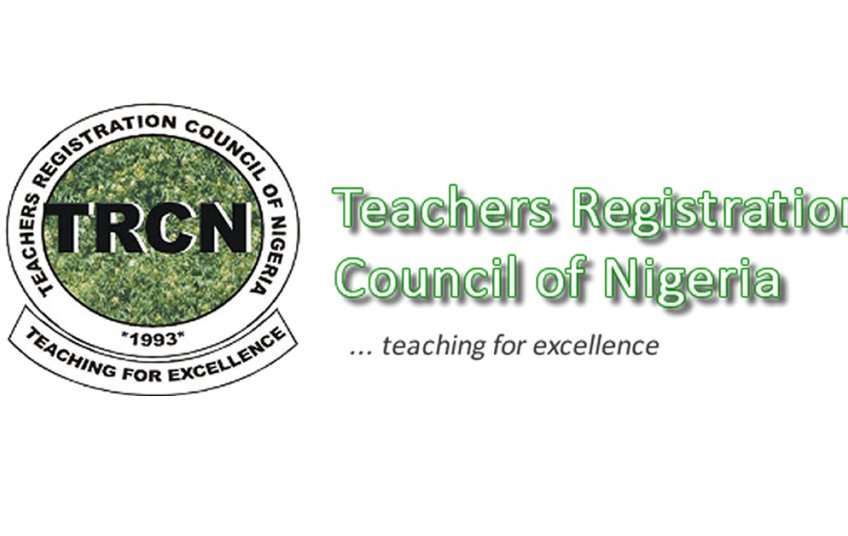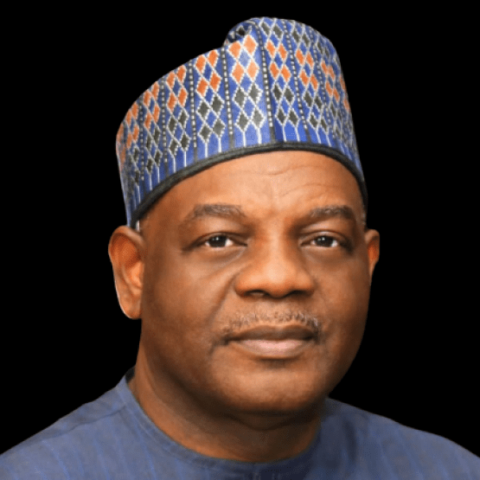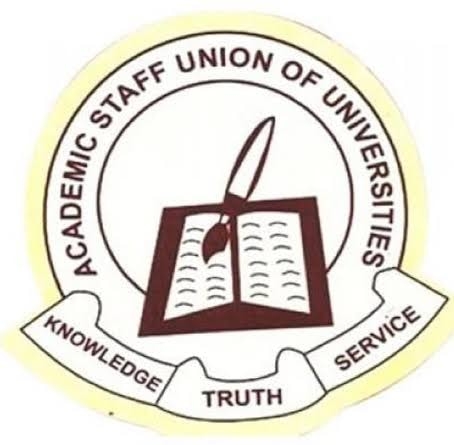The Teachers’ Registration Council of Nigeria (TRCN) has announced plans to begin issuing a new Personal Identification Number (PIN) to teachers after revalidating their certificates and granting licenses to professional educators.
According to the Registrar and Chief Executive of TRCN, Dr. Ronke Soyombo, the initiative aims to eliminate quackery in the teaching profession and ensure that only certified teachers, whether in public or private schools, are allowed to practice. She disclosed this in Lagos during the official launch of the “Go Public, Fund Education” campaign, organized by the Nigeria Union of Teachers in partnership with Education International and Friedrich Elbert Stiftung.
Dr. Soyombo explained that the PIN will serve as a unique identifier for every certified teacher, boosting their recognition, credibility, and mobility within Nigeria’s education system. “Your certification is not just a formality, but your identity, your shield of credibility, your passport to career progression and to the leadership and respect your vocation deserves,” she noted.
She urged unregistered teachers to act swiftly, emphasizing that teaching must no longer be left in the hands of unqualified individuals. To this end, teachers currently without proper certification have been given a two-year grace period to undergo training, either through a postgraduate program in education or a diploma in teacher education. After this window, TRCN will enforce strict sanctions against those who fail to comply.
Highlighting the broader challenges facing Nigeria’s education sector, Soyombo stressed that underfunding and poor investment in teachers have led to the decline of public schools once attended by the nation’s leaders. She warned against over-reliance on the privatization and commercialization of education, cautioning that such practices risk entrenching inequality and creating a two-tiered system where access to quality education becomes a privilege for a few.
“As regulators, we see the link between funding and quality firsthand,” she said. “You cannot demand excellence from teachers while denying them decent working conditions. You cannot expect innovation in the classroom when basic resources are lacking. You cannot build a knowledge economy on the back of an exhausted, under-resourced teaching force.”
Soyombo concluded that the new campaign is not only about increased funding but also about values, political will, and a collective commitment to ensuring that every Nigerian child, regardless of background, is given a fair opportunity to succeed.





